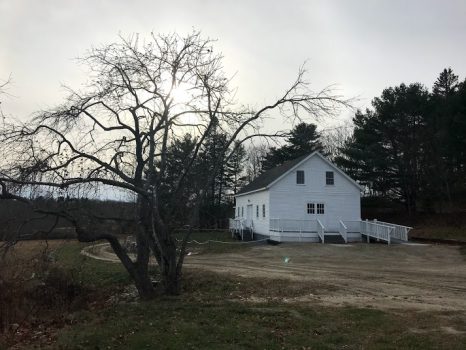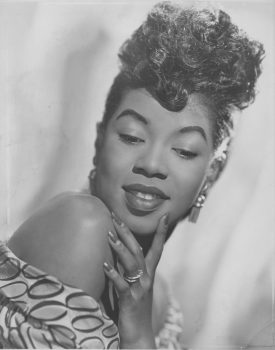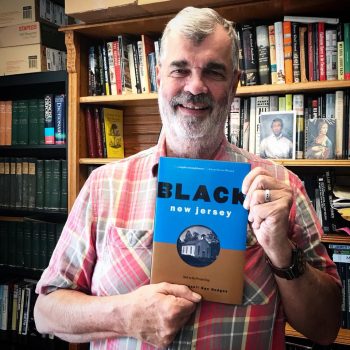
When I accepted my professor’s offer to put me in contact with a representative from the Brooksville Historical Society, my own readiness shocked me. I knew I would be living and working among strangers and tackling a formidable project, yet I was eager to pack up my car and drive 26 hours from Miami, Florida to a land far, far away (in every sense). After in May with my Bachelor’s Degree in History I had not imagined I could be working in the field I was so passionate about, so quickly. I am thrilled to share some of the progress I have made.
The change begun here at the Historical Society before my arrival in late August has only accelerated over the past few months. The office space on the display floor was demolished on September 22nd. After the room was thoroughly cleaned (a project that involved the removal of numerous bird nests previously nestled amid the pink insulation), it became clear the freed-up space would be a huge asset to future exhibit plans. Indeed the existing exhibits are getting a much-needed facelift and a temporary exhibit space will soon be available for rotating “themes.” These changes should allow the historical society to showcase more it its collection and engage with a wide range of historical subjects and time periods.
Throughout my time here I have also maintained a focus on collections management. After a long, frustrating battle with Microsoft Access, the database was transferred to an Excel spreadsheet. This switch has allowed us to manipulate the layout and get a handle on our collections; I have been able to remove duplicate entries and mark objects for potential deaccession, while organizing each object into an exhibit category. The spreadsheet has been uploaded to a new laptop computer and I have spearheaded a tutorial, held during the monthly meeting in November, to familiarize the board members with the updated system.
I have also been involved in a number of smaller projects. Two weeks ago, Connie Henkel donated a collection of birth, death, and marriage certificates from the early 20thcentury. I wrote worksheets for each certificate – in an attempt to transcribe the valuable genealogical information contained – and organized them into three separate binders. I then made alphabetical indices for each collection. The binders are now ready to go up onto shelves in our new archive room, a project making great strides as winter approaches – our last step is simply to paint the walls! Looking forward, my next project will involve labelling each object in the collection. I have conducted a significant amount of research on the proper labelling techniques for different materials like wood, fabric, and paper, and I have experimented with the use of Acryloid B-72 lacquer, a clear and reversible coating that can allow us to number objects without damaging them. This November, I began labeling boxes of material with their proper accession number and I certainly have a long road ahead of me.

Brooksville’s collection is full of wonderful surprises, from finely preserved letters featuring beautiful (and nearly impossible to read) handwriting, to unique early 19thc. refrigerators posing as unassuming blanket chests, and I am certain current changes will allow the museum to become the community resource and the “hidden gem” it should be. I sincerely thank everyone on the board for allowing me to fiddle around with the Society’s artifacts and welcoming a youngster from Florida with open arms.





